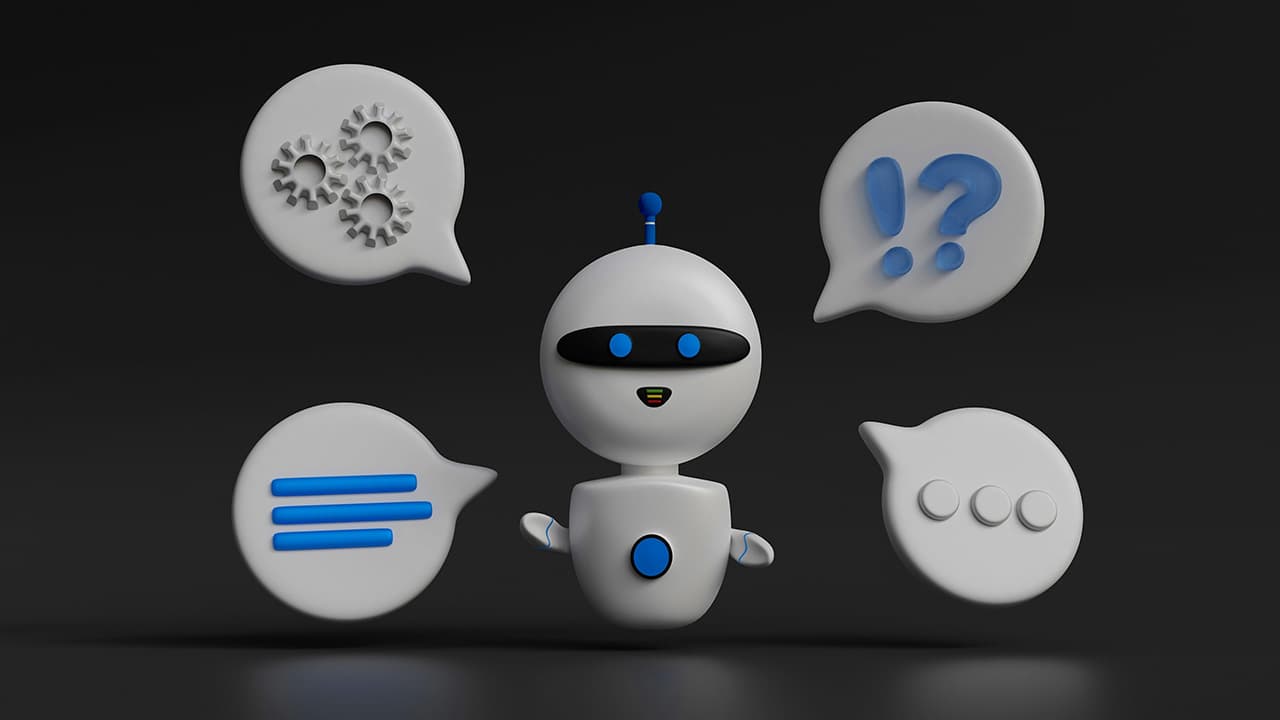What is the Difference Between a Chatbot and an AI Agent?
The terms "chatbot" and "AI agent" are often used interchangeably, leading to confusion about their differences. In reality, they refer to the same basic technology, with the shift in terminology largely driven by marketing. Chatbots were initially created to handle simple conversations, while AI agents are seen as more capable, able to perform tasks or complete actions. As chatbots evolved, companies began using "AI agent" to suggest greater sophistication, even though the core functionality remains similar. This rebranding reflects changing perceptions, not a fundamental difference in how these tools operate.
Chatbots: The Original Concept
Chatbots were designed to engage users through conversation, simulating human interaction. Early chatbots, like ELIZA, were basic and relied on scripted responses to maintain a dialogue with users. Their main purpose was to answer questions, provide customer service, or assist with limited tasks.
As technology improved, chatbots began incorporating artificial intelligence, using natural language processing (NLP) to better understand and respond to user input. These advancements made chatbots more useful and effective for various applications, but their primary function remained conversational.
AI Agents: An Evolution in Name
AI agents are often described as more advanced than chatbots, capable of handling complex tasks or a series of actions. They can chat with users while also completing specific goals, such as booking appointments, ordering products, or managing schedules.
Despite this perceived difference, AI agents are simply an evolution of chatbots with added functionalities. The technology behind both remains grounded in AI, and the distinction between the two is often a matter of branding. As companies sought to market these tools as smarter and more autonomous, the term "AI agent" gained traction, even though the underlying tech and capabilities are largely the same.
Chatbots and AI Agents: The Same Foundation
Both chatbots and AI agents operate using artificial intelligence to process and respond to user input. While chatbots were originally limited to conversations, modern iterations, like ChatGPT, have expanded their abilities, allowing them to perform more complex tasks. This makes them functionally similar to AI agents, blurring the lines between the two terms.
The rebranding of chatbots to AI agents is often a reflection of the increasing sophistication of these tools. For instance, Slack originally called its automated helper "Slack Bot," but as it evolved, it was rebranded as "Slack Agent" to highlight its broader capabilities. This shift in terminology helps convey that these tools can now do more than just chat—they can take actions and assist with tasks.
A Marketing Rebrand More Than a Technological Shift
The difference between chatbots and AI agents is more about perception than technology. Both rely on artificial intelligence to communicate and assist users, and the change in naming reflects how companies want to position their products. As chatbots gained more abilities, companies began using "AI agent" to signify a smarter, more advanced tool.
In conclusion, chatbots and AI agents are fundamentally the same, with AI agents representing an evolution in both capabilities and branding. The shift in terminology reflects marketing strategies rather than a fundamental technological leap.












